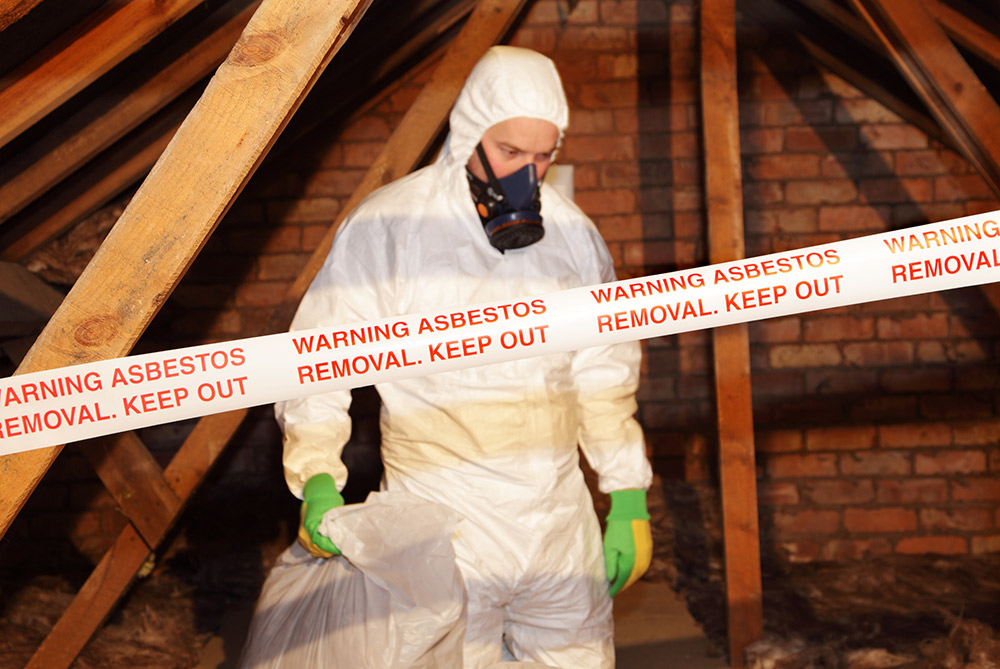Home > Environmental management > Improving your asbestos diagnosis skills

Improving your asbestos diagnosis skills
Asbestos is a major public health problem. The aim of asbestos diagnostics is to identify the precise presence of asbestos, and to prepare for its eventual removal. A mission entrusted to certified and duly trained professionals.

Massively used, asbestos is a material with many qualities (resistance to heat, fire, electricity and chemicals), but which has proved highly toxic. Banned in France since 1997, it is still present in many buildings and equipment (asphalt pavements, trains, ships, etc.). Because asbestos is such a dangerous substance, the law makes it mandatory to search for asbestos-containing products in flockings, lagging, false ceilings, pipes, walls, partitions, roofs and so on.
Asbestos diagnostics must be carried out by a person certified by a COFRAC-accredited body such as AFNOR Certification. This professional knows how to identify asbestos products or materials likely to contain it. If asbestos is present, the inspection will indicate what action needs to be taken (containment or asbestos removal). Diagnosticians with certification (“without mention”) can carry out mandatory diagnostics prior to the sale or rental of a property by an individual.
Training in asbestos diagnosis and auditing of asbestos removal companies

Asbestos certification “with mention is open to the most highly qualified professionals (minimum 2 years’ higher education, with several years’ experience in the building industry). Awarded to people working in buildings of all sizes, it enables them to carry out an asbestos diagnosis before work (DAAT) or before demolition (DAAD). Pre-work surveys are also compulsory for French-flagged ships, rolling stock and asphalt pavements.
Introduced in 2002, the asbestos technical diagnosis (DTA) also requires asbestos certification. It is mandatory for buildings open to the public, workplaces and common areas of residential buildings. A veritable “asbestos health book” for the premises, it must be regularly updated in the event of new work, additional surveys, asbestos removal, etc.
This system requires solid skills, and in particular a thorough knowledge of standard
NF X46-020 of 2017 standard, which defines the methodology and procedures for carrying out location surveys. It specifies the roles of the various players and the information to be included in the reports. To achieve this, training is essential, especially if you’re going to certify people for diagnostic tasks, with or without a qualification.
AFNOR Compétences also trains you to become an auditor for companies applying for certification to carry out asbestos treatment work. Your task will be to check that the aforementioned companies apply the best practices defined in the following standards NF X46-010 and NF X46-011
.